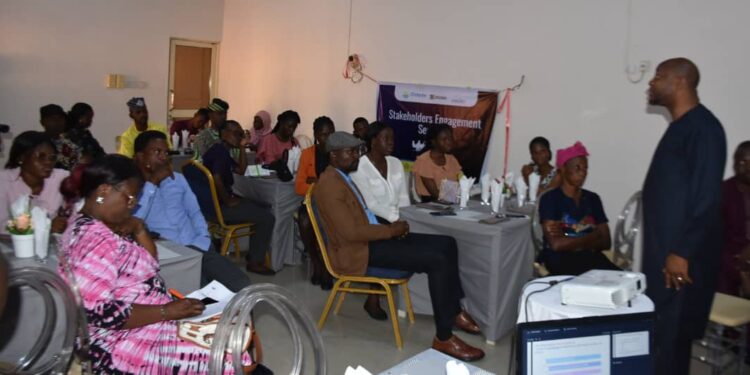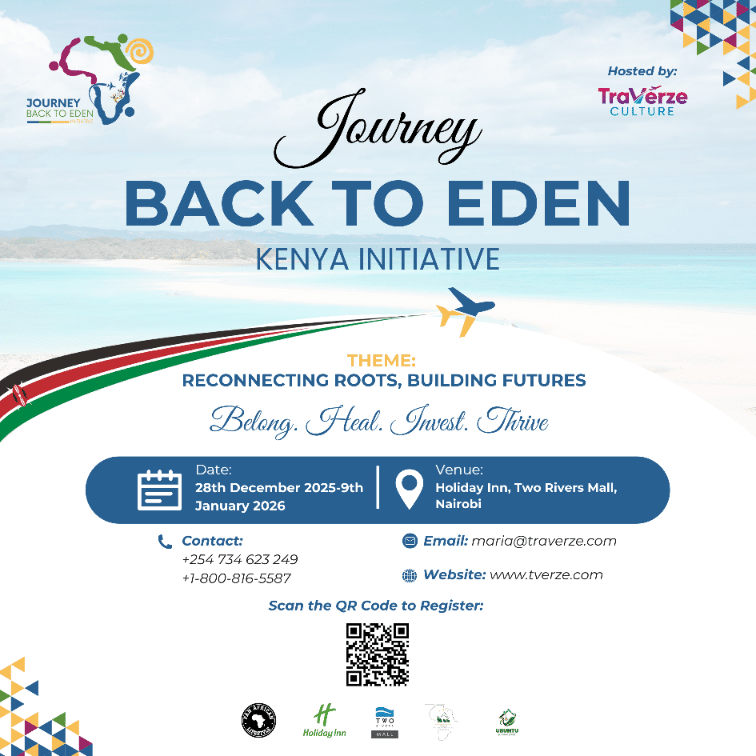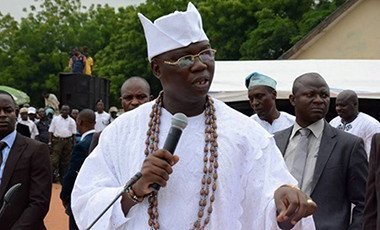Experts in mental health are calling on stakeholders and the government to put in place measures to forestall the looming mental health problem that may arise post-COVID-19.
They said this in Ibadan on Saturday at the Advancing Community Access to Equitable COVID-19 Response programme, which was organised by the Asido Foundation in partnership with Oxlade Consulting and supported by the Open Society of West Africa (OSIWA).
The founder of the Asido Foundation, Dr Jibril Abdulmalik, speaking at the Stakeholders Engagement Feedback on Community Resilience, said it was very clear to the WHO and the United Nations that beyond COVID-19 as an infection and pandemic, there are many mental health consequences.
He said the consequences were from anxiety to depression, an increasing rate of drug use and an increasing rate of suicide, among others.
“Covid has caused a lot of mental health problems over time, and it continues to cause it. So, we need to pay attention to the mental health consequences of COVID-19. We need to prepare.
“So Covid-19 has not gone as we are dealing with after shot; people lost their jobs they are not happy, they are battling with frustration and economic challenges, and many are wallowing in the fringes of suicide thoughts and hopelessness,”
Abdulmalik, a Consultant Psychiatris,t stressed the need to pay attention to the mental health consequences in society.
“We need to be aware of it and prepare as well as intervene and encourage people that there is hope, they shouldn’t give up, that there is light at the end of the tunnel.
“Our religious leaders, government and the media need to keep encouraging people and supporting one another until we can finally say we have put this behind us,” he said.
Abdulmalik said that the programme was to identify positive psychosocial community resilience stories from across Nigeria and to learn what lessons can be learnt from how people came together during the COVID-19 pandemic to support one another and encourage one another for the future.
“Following the call for stories sent across Nigeria, we had over 100 stories and selected the top three stories from Calabar, Zaria and Ibadan, which was turned into a documentary.
“We are engaging stakeholders who have participated in the community initiative to learn from their interactions so we can write a document on lessons learnt and recommendations.
“What we have seen from the stories was that when people come together to provide support and encourage one another, it goes a long way, and that is our recommendation: to be nice to your neighbours and your family,” he said.
In his address, the State Commissioner of Health, Dr Bode Ladipo, represented by Dr Femi Akinyode, the State Epidemiologist, admitted that mental health was not given priority during the pandemic, adding that it was one of the lessons learnt going forward.
“The pandemic made us realise that some specialists, such as social workers and mental health specialists, were in short supply,” he said.
Ladipo noted the need for emergency funds, improved communication with patients and their families, and media advocacy during future pandemics.
Also, Dr Muideen Babatunde, the Executive Secretary of the Oyo State Primary Health Board, represented by Mrs Funmilayo Abodunrin, a mental health expert, said the state had set up desks for mental health in all 33 Local Government Areas and would continue to educate people on mental health.
Also, Mrs Ronke Bello, the President, of the National Association of Nigerian Nurses and Midwives noted the challenges its members went through during the pandemic and called for psychosocial support to reduce emotional impact.
Speaking on the lessons learnt, Dr Ideyonbe Eseile, the President of the Association of Resident Doctors, University College Hospital, said that the persistence of job loss, inability to get jobs, and lack of food for families are indications of a looming mental health problem.
Eseile lamented the use of data from developed countries as a model for government intervention and policies that do not reflect the realities in Nigeria’s local context.
Ms Adedayo Ige, a humanitarian and program manager at Oxlade Consulting, said the program targeted individuals and communities and focused on how they built resilience during COVID-19.
“We realised that in Nigeria we do not have a lot of data, so instead of relying on developed countries for data, this is one of the ways we can get data and prevent recurrence in the future.
“Government should be proactive and not reactive. It should partner with civil society organisations and provide funding because the pandemic is not just a health issue it is also an economic emergency,
“Everybody should collaborate and work with the grassroots,” she said.











